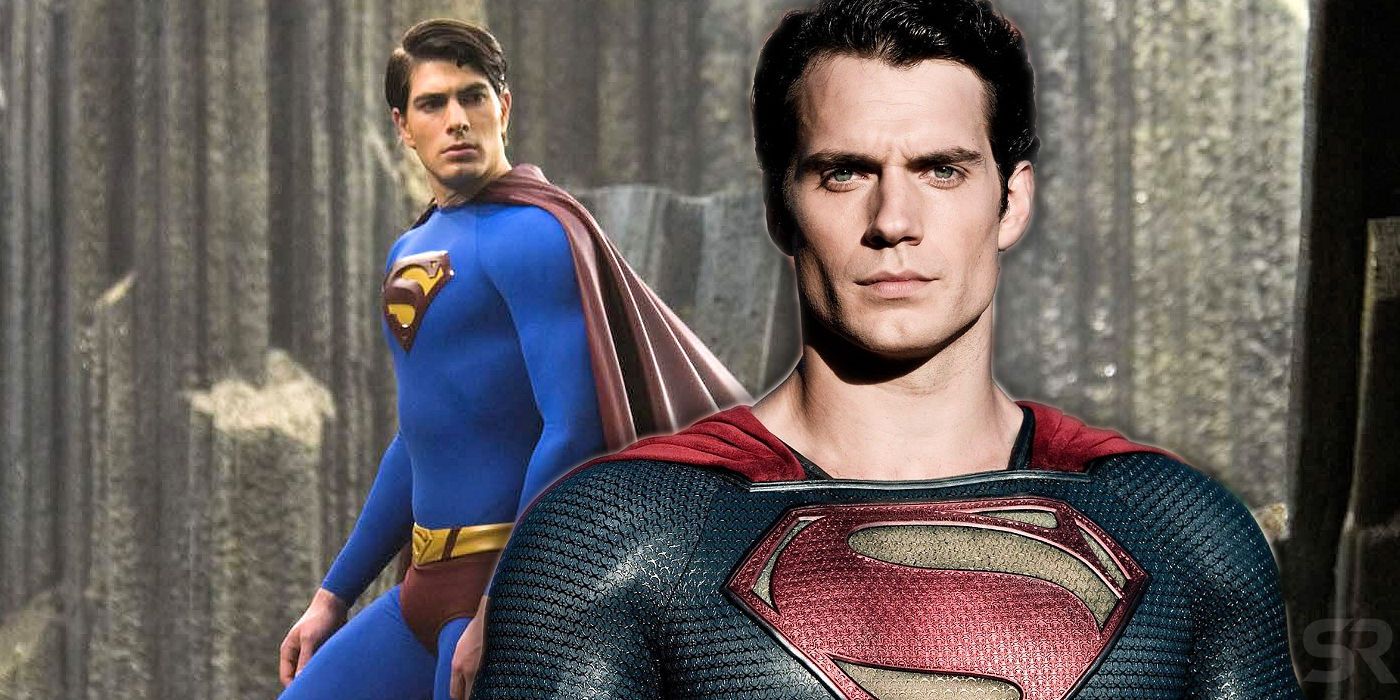
Despite live-action appearances that stretch back as far as 1948, Superman hasn't been as successful recently on-screen as some of his other superhero counterparts. The Man of Steel is no stranger to the movie theater, as he's appeared in 11 different live-action films since his creation. While most of his early appearances were found in black-and-white serials in the late 1940s and early 1950s, the character didn't hit blockbuster status until 1978, with the release of Richard Donner's groundbreaking Superman: The Movie. The film shattered box office expectations and pushed the envelope of special effects, while also introducing the world to Christopher Reeve's timeless interpretation of the character.
Superman: The Movie was so popular that it received three different sequels, and while Richard Donner's cut of Superman 2 is considered a triumphant achievement, the latter two films in the series failed to live up to the acclaim of the first two. As a result, Superman's cinematic appearances took a backseat to his TV escapades, and it wasn't until 2006 that the world was reintroduced to Superman in film (though not for lack of trying). Superman Returns was a soft reboot/sequel to the Donner era of films and it starred Brandon Routh as the main character. While his performance was stoic and charming in all the right ways, the movie felt too stiff and unoriginal to warrant a sequel. Superman was once again forced back into hiding, this time until 2013, when Zack Snyder updated the character with the spectacle and action-driven Man of Steel, starring Henry Cavill. Although the film was met with a polarizing reception, it was successful enough for Cavill's Superman to receive two follow-up appearances.
Even though both contemporary reboot attempts have their fair share of fans, neither one was entirely successful at captivating audiences the way that Superman: The Movie did. Something is missing from the formula: an earnest attempt at balancing the timeless optimism of the character with modern sensibilities and social relevance.
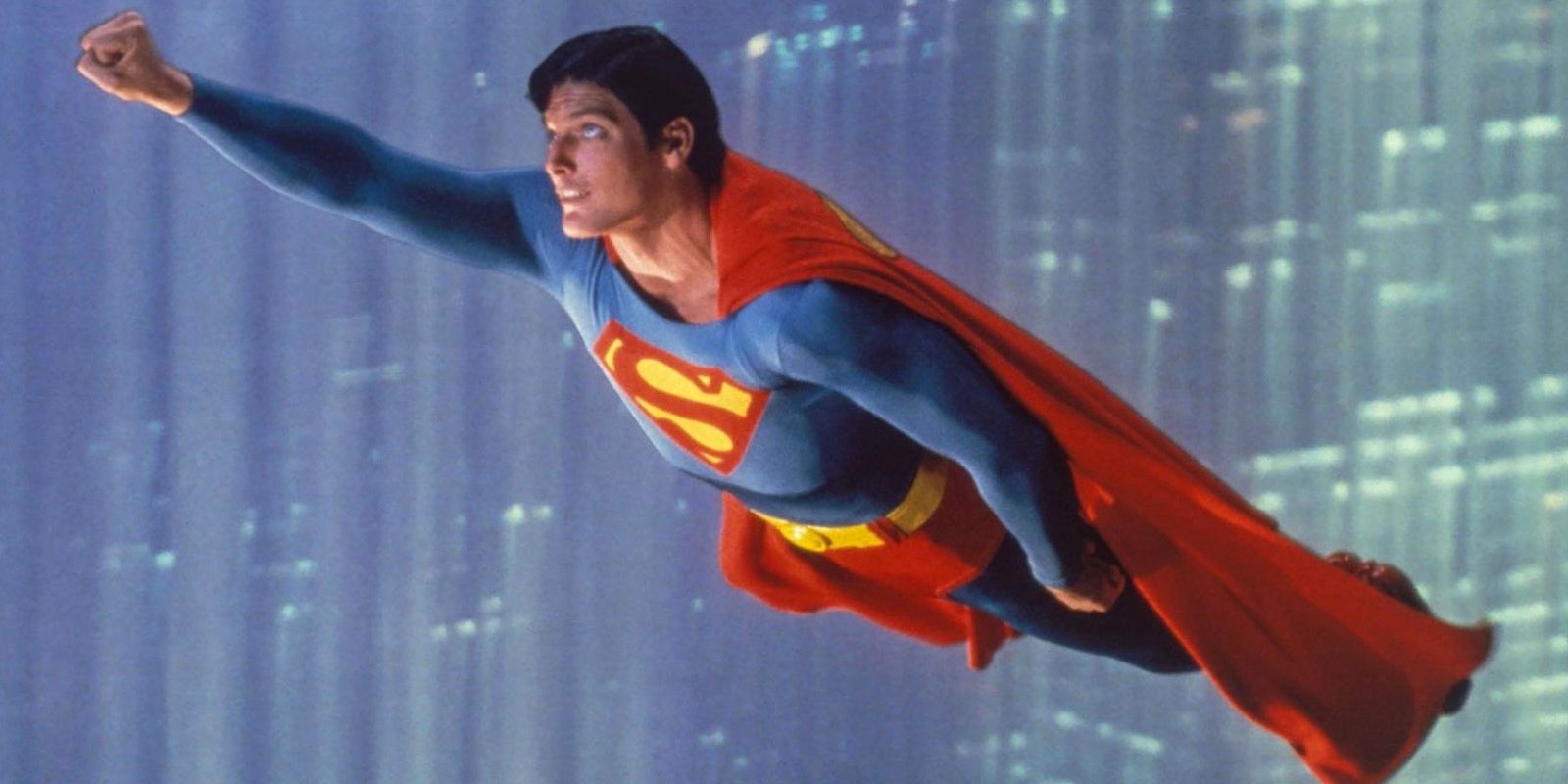
At the time they were released, both Superman: The Movie and Superman 2 were one-of-a-kind experiments from Warner Bros. Superhero movies hadn't become a proven commodity like they are today, which meant that Donner and co. were truly inventing the wheel with that adaptation. To find a balance between the right amount of spectacle and emotion, the filmmakers crafted a storyline that took audiences from Clark Kent's childhood to a present day conflict with Gene Hackman's Lex Luthor involving nuclear missiles and land development. The entire story borrows heavily from Joseph Campbell's monomyth, painting Superman's origins as a classic example of the Hero's Journey.
But in 2020, the Hero's Journey isn't exactly a fresh contextualization of classic storytelling archetypes. Nowadays, audiences have become used to its trajectory, and while it isn't stale or unusable, most comic book movies blend it with a degree of nuance to keep it feeling unique to audiences. Since Superman is such an enduring and well-known character, most of his traditional good vs evil strongman adventures have lost their appeal and aren't as captivating anymore. Even the comics have largely abandoned punch-out stories like The Death of Superman in favor of villains and conflicts that challenge his worldview and moral altruism, something that the movies need to find a proper balance of.
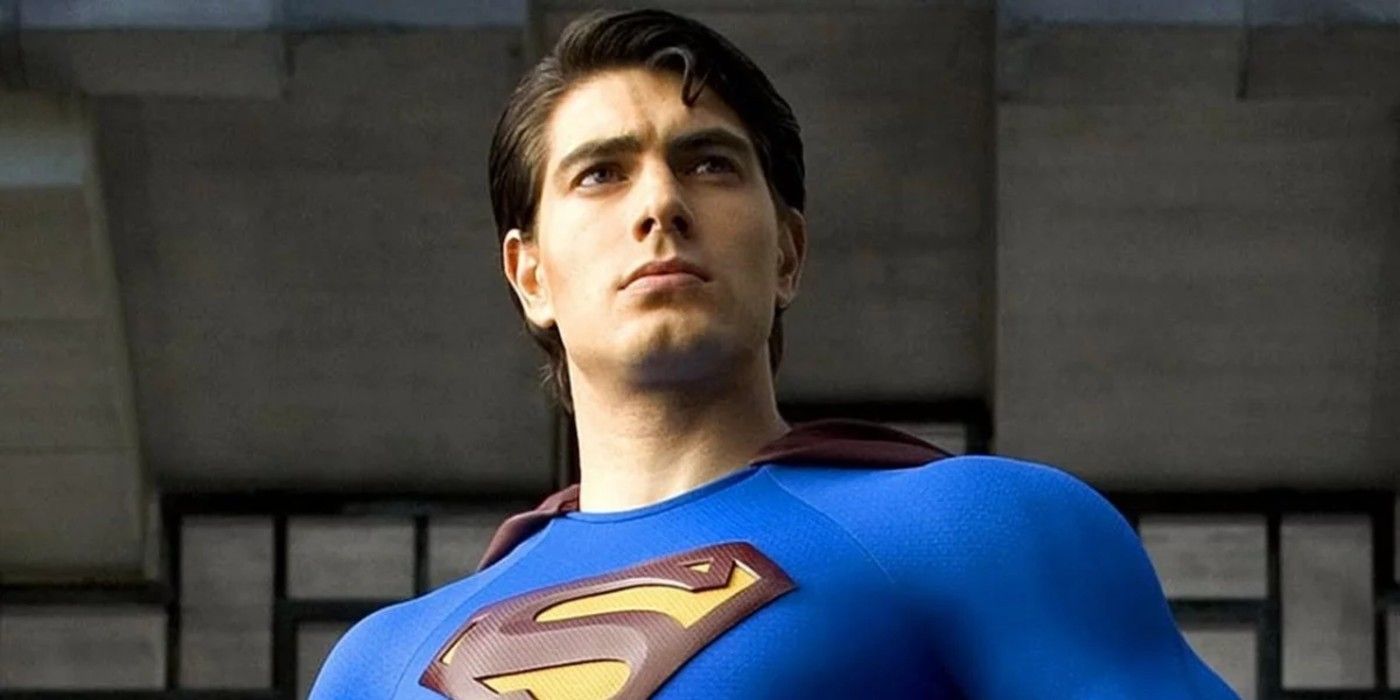
The problem with recent Superman attempts is that instead of trying to find a balance between honoring the interpretations that came before and striking out into uncharted territory, they usually gravitate towards one extreme. Superman Returns chose the former. In an attempt to capitalize off of the roaring success and immediate iconography of the Christopher Reeve era of films, Bryan Singer made a movie that felt too beholden to all those things. Instead of attempting at originality in its plot and characters, the movie forces most of its cast into bad impressions of actors from the previous franchise, right down to Kevin Spacey's performance as Lex Luthor. It all feels too derivative to impress anybody, and despite Brandon Routh being a relatively good Clark Kent/Superman, the movie wastes him by not giving him the opportunity to flex his skills with complex material.
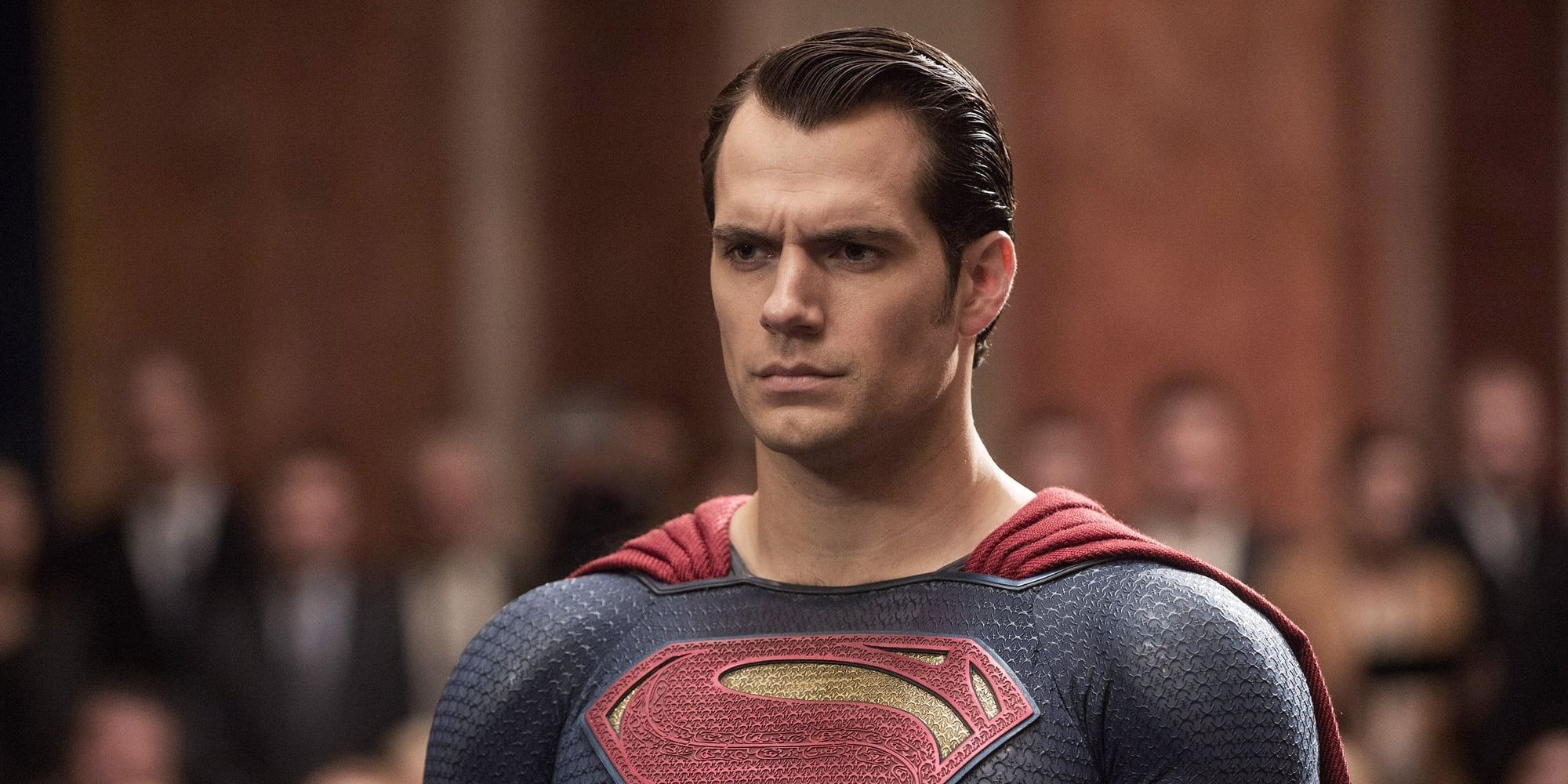
With the apparent lack of success gained by Superman Returns, Warner Bros. was eager to get another reboot of the character out the gate, this time in a radically different direction from the one that came before. That's why when Christopher Nolan and David S. Goyer approached them to pitch a "grounded, First Contact" style story with the character, it was the first pitch that was moved into production with Zack Snyder at the helm. Audiences everywhere were intrigued by the marketing of Man of Steel and the heavy emphasis on the world's reaction to the debut of a character like Superman. Unfortunately, upon release, Man of Steel was met with mixed reactions from both fans and critics, and while the box office haul was relatively successful and far from a flop, the numbers seemed to push the idea that the film failed to resonate with the larger superhero movie audience.
After Batman v. Superman: Dawn of Justice doubled down on Man of Steel's tone and atmosphere, the problem became clear: the DCEU's Superman lacked levity. While it's certainly commendable that Snyder and Warner Bros. wanted to tell a story that allowed for Superman to be imperfect, there was no room made for the Man of Steel to be a truly likeable character to general audiences; which is a terrible waste because Henry Cavill embodies him so well. A common criticism of the DCEU's interpretation of Superman is that he never smiles, and while that's a very superficial and asinine detail, it is related to a larger problem. The DCEU's first two movies don't emphasize Superman's unwavering altruism, his desire to do good simply because that's the way he was raised, even in the face of overwhelming adversity. Instead it constantly feels like a joyless and dour affair watching him be a superhero, which isn't to say that Superman shouldn't be allowed to struggle, but that those struggles should be contrasted with the genuine earnestness and sincerity that has made Superman such an irreplaceable tenet of superhero media.
Another problem is that, outside of Man of Steel, neither BvS nor the theatrical cut of Justice League give Superman much to do. Even Cavill himself agrees that Batman v. Superman is more of Batman's movie than it is his, despite the major conflic revolving around the world's collective view of Superman. By the time Superman is killed off in his second DCEU appearance, it feels less like an earned and satisfying transition of his story and more like a contrived plot point, forced in to fit the overarching story of the DCEU. This extends to his treatment in the theatrical cut of Justice League, in which he's once again turned into a plot device, this time a grinning and cartoonish caricature of what Superman should be. Now that Zack Snyder's Justice League is confirmed to be coming to HBO Max, fans can hope that Superman's involvement will return him to the status of main character and not a glorified story point.
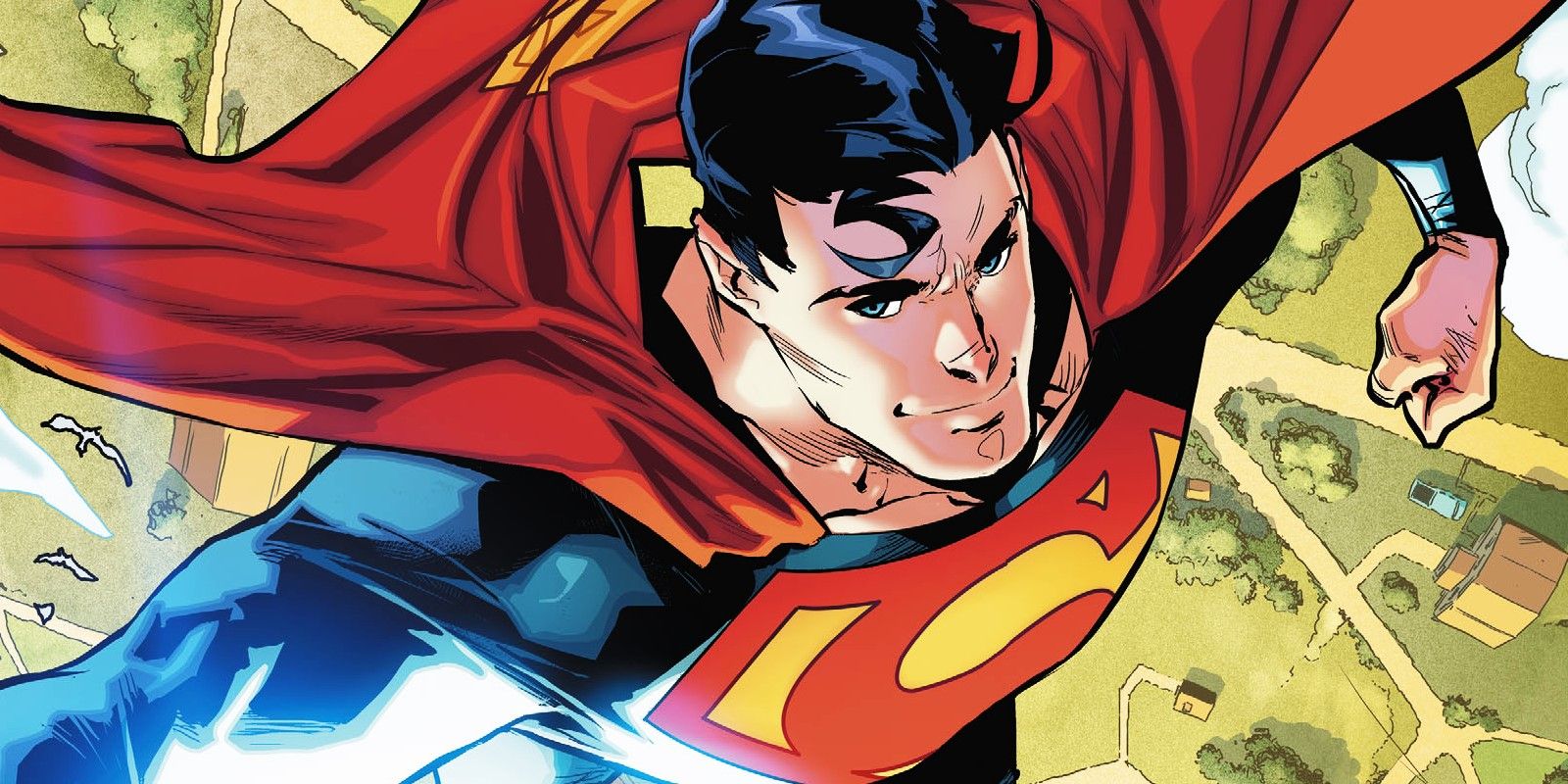
With both Superman Returns and Man of Steel, too much emphasis was placed on trying to please viewers instead of writing the best character. Both visions were driven by an arbitrary desire to box Superman into a selling gimmick to attract audiences, be it a nostalgia trip for Christopher Reeve's interpretation or a desire to make Superman a cynical pariah in order to appeal to modern moviegoing sensibilities. Despite the pros and cons of both approaches, both tried too hard to rework the character based on what Warner Bros. believed would be the most appealing to a wide demographic.
Superman movies in the future need to take a good, long look at why the character has persisted in comic books for so long. Readers love Superman not because he was played by Christopher Reeve, nor because he's a brooding God who pities humanity. Fans love Superman because he's the ultimate wish fulfillment of humanity's desire for compassion: he's a being that's infinitely more powerful than anyone could hope to be, yet chooses to use that power for good out of nothing but the kindness of his own heart. The character's next on-screen appearances need to find the right balance between action and levity, between Clark Kent and Superman, and between timelessness and social relevance (of which Superman has a lot), but the most important thing that should never be lost sight of is what Superman represents: a vision of kindness human empathy that is severely under attack in this day and age.
from ScreenRant - Feed https://ift.tt/2MO79Cf


0 Comments